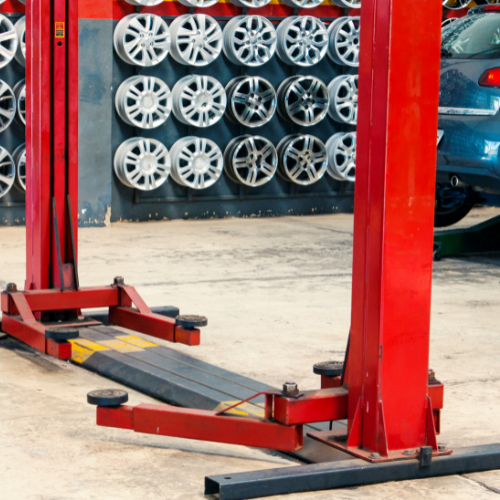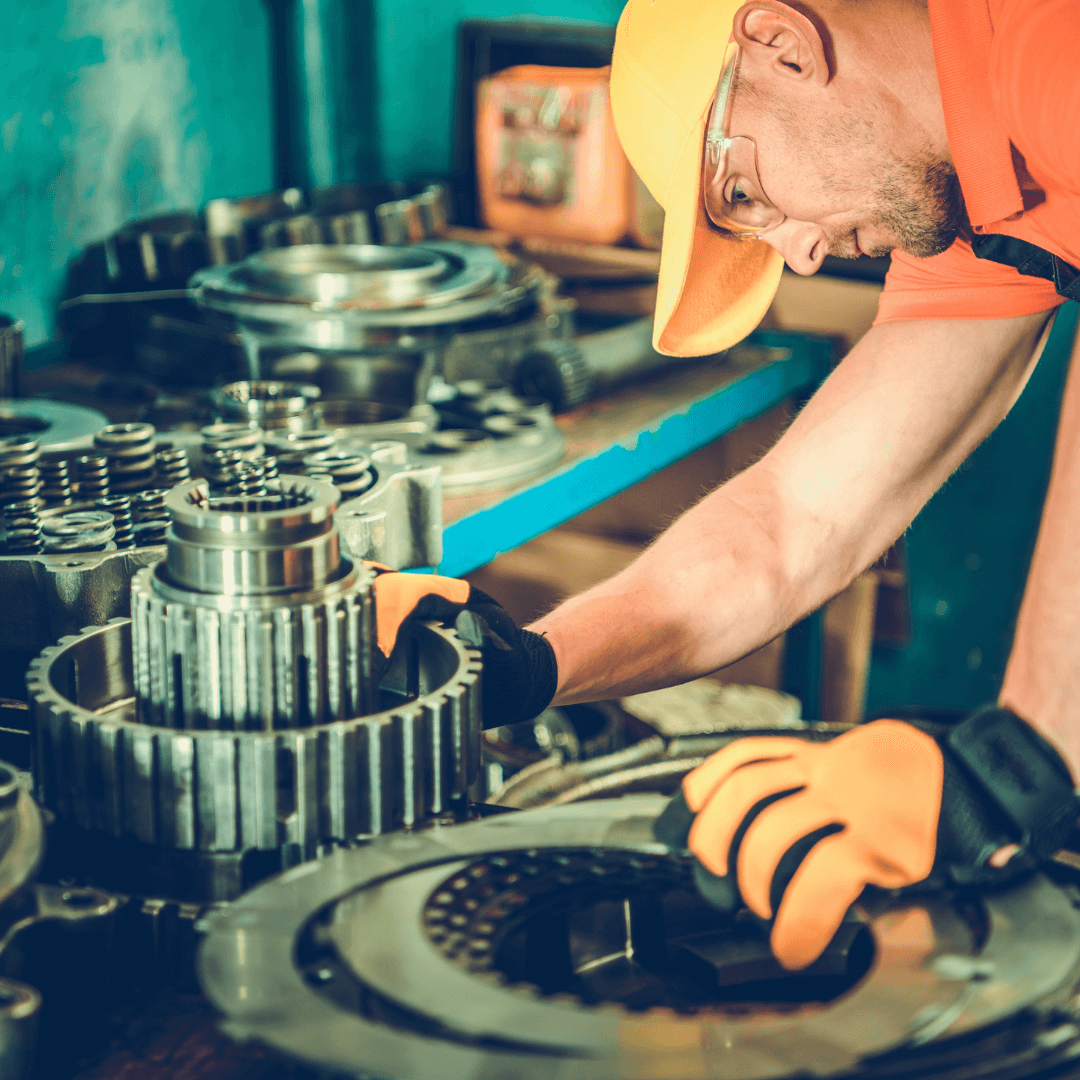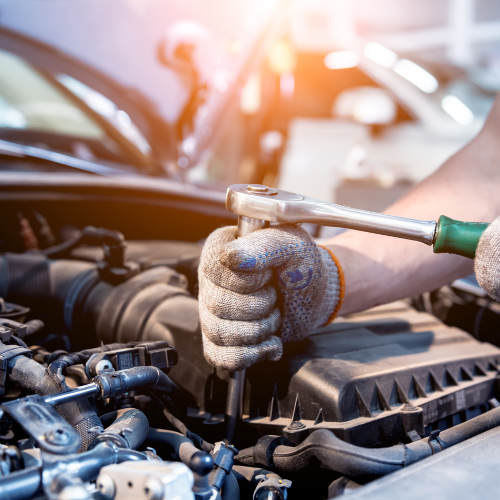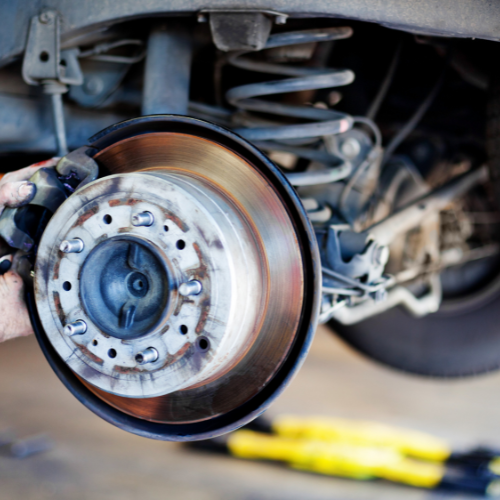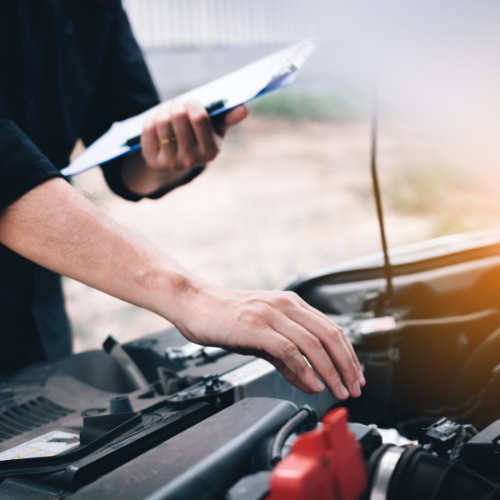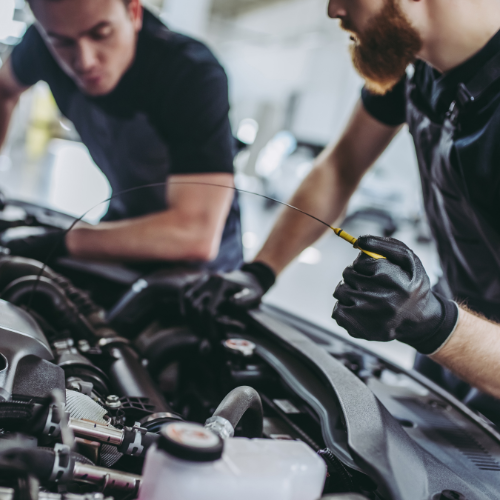Vehicle inspections and checks
Most states require some type of vehicle inspection, usually annually or biannually. These inspections typically ensure that a vehicle meets state safety standards.
There are a few different types of vehicle inspections, which vary by state. The most common type is an emissions inspection, which tests to see if a vehicle's exhaust system is releasing harmful pollutants into the air. Other types of vehicle inspections can include safety inspections, which check for things like proper functioning brakes and headlights; and smog checks, which test a vehicle's engine to make sure it is running efficiently.
In general, getting a vehicle inspection is a fairly simple process. First, you'll need to find an inspection station in your area - most gas stations and auto repair shops offer them. Once you're at the inspection station, a trained technician will perform the necessary tests on your vehicle. If everything checks out, you'll receive a sticker or certificate indicating that your vehicle has passed inspection. If there are any problems, the technician will let you know what needs to be fixed in order for your vehicle to pass.
In most cases, you'll need to get your vehicle inspected before you can renew your registration. So if you're due for an inspection, be sure to schedule it soon so you can keep your car on the road legally. And, if you have any questions about the inspection process, don't hesitate to ask - the technician should be more than happy to help.
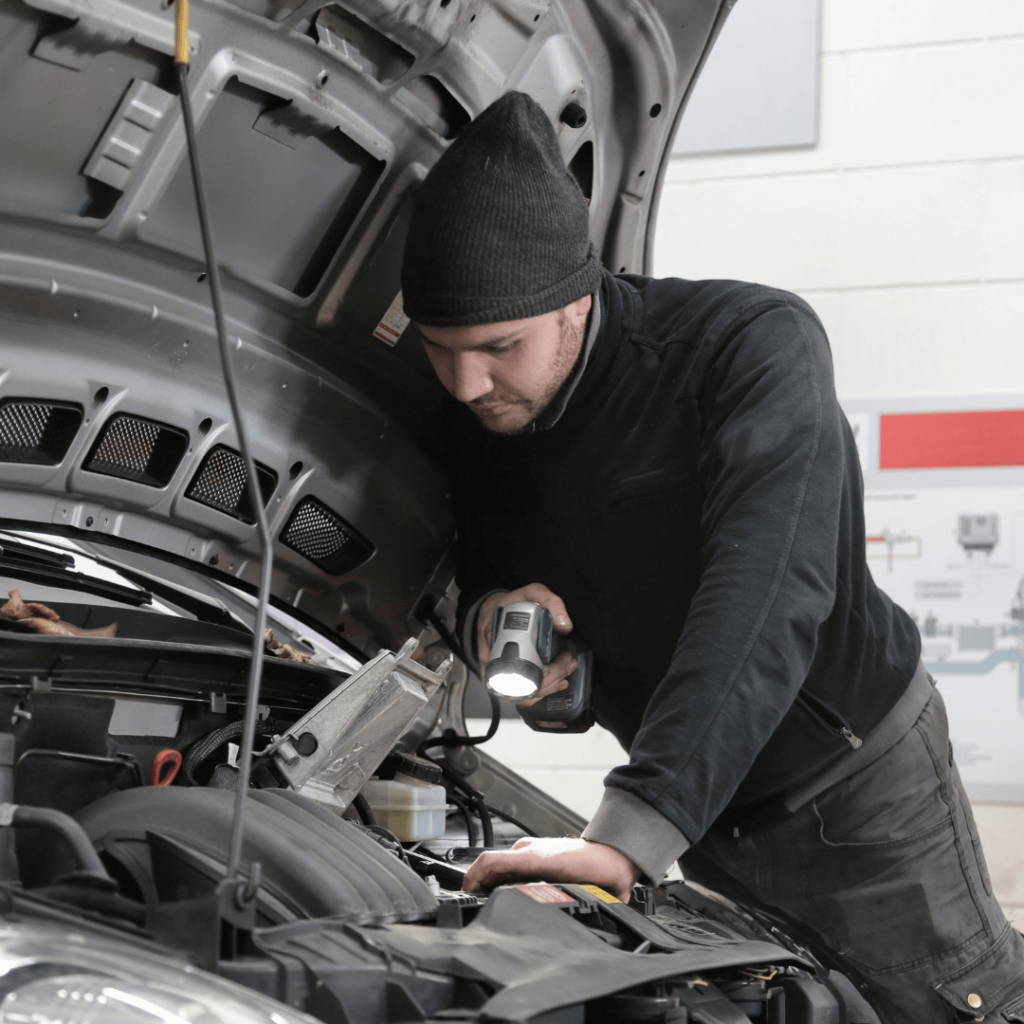
What Is A Vehicle Inspection And What Does It Include?
A vehicle inspection is a comprehensive and detailed examination of a vehicle to determine its safety, performance and roadworthiness. The inspection process typically includes checking the condition of the engine, transmission, brake system, steering system, suspension components, tires and wheels as well as other major components such as lights, wipers and electrical systems. The aim of this type of inspection is to identify any issues that may affect the overall safety or operation of the vehicle. If any problems are found during an inspection they should be addressed before allowing the vehicle back on the road. In some cases minor repairs can be done immediately while more serious issues may require additional parts or servicing which could take longer to complete.
In addition to inspecting for mechanical faults, a vehicle inspection also includes an assessment of the vehicle’s emissions. This helps to ensure that the vehicle is operating within the legal limits for air pollution and fuel efficiency. The results of these tests may be used as a guide for when servicing or repairs should be taken care of, allowing you to keep your vehicle running smoothly and efficiently.
Finally, some states require periodic inspections of all vehicles in order to keep them legally registered and insured. These are often referred to as “safety inspections” and may include a more thorough evaluation of specific items such as brakes, steering components and tires. It's important to note that even if a state doesn't require a safety inspection, it's still recommended to have one done periodically to help identify any potential problems before they become an issue.
A vehicle inspection is a vital part of maintaining the safety and reliability of any vehicle. Whether it's to meet legal requirements or simply keep your car running smoothly, no two inspections are ever the same and each one can reveal something different about your vehicle. By taking the time to have a regular inspection you can help ensure that your car remains safe and reliable on the roads for years to come.
For more information about vehicle inspections, it is best to consult a qualified mechanic. They will be able to advise you as to what components should be inspected and when they should be serviced or replaced. They can also explain the process in detail so that you can make sure your car stays safe and reliable for many years to come. By understanding the importance of having regular vehicle inspections and taking care of any repairs or maintenance needed, you can help ensure the safety and reliability of your vehicle for years to come.
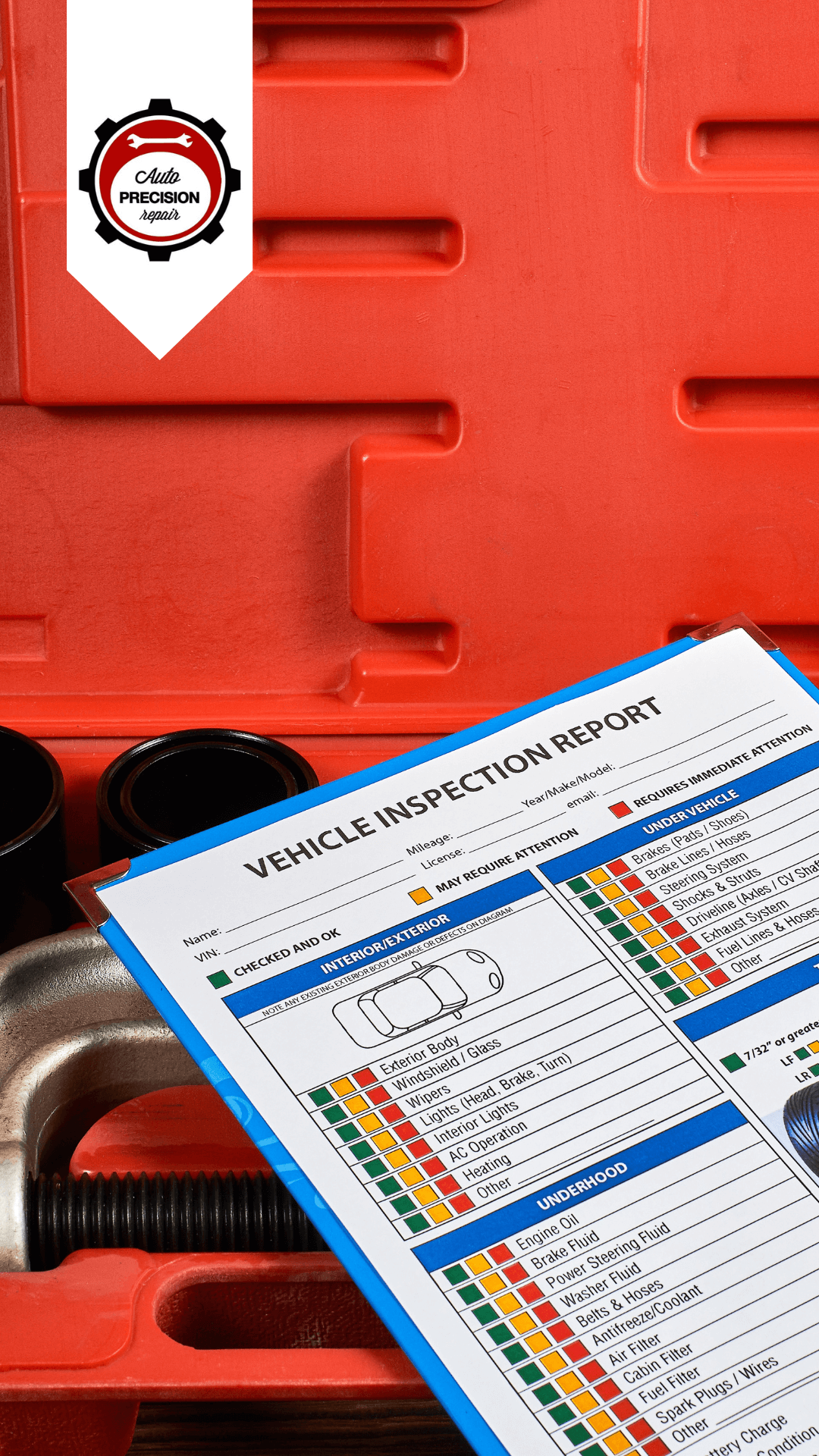
Why Are Vehicle Inspections Important?
Vehicle inspections are important because they can help protect your safety, the environment and ensure that your vehicle is running efficiently. Regularly inspecting your vehicle can help you detect problems early on before they become more serious and expensive to repair. The results of a professional inspection can also provide you with peace of mind knowing that your vehicle is safe to drive.
Inspections are an important part of owning a car as they can help identify potential risks such as worn brakes, defective headlights or weak suspension parts. A thorough inspection will check all major components of the car including brakes, fluids, air filter and tire treads among other things. It's beneficial to have a reliable mechanic inspect your car from time-to-time in order to keep it in good condition and running efficiently.
Inspections are also important for environmental reasons as they can help identify issues that cause air pollution such as worn spark plugs or a malfunctioning exhaust system. If these problems aren't addressed, they can lead to more serious issues and potential fines from the state or federal government if you're found to be violating emissions standards.
Finally, having your car inspected regularly is important because it can protect your finances by helping you avoid expensive repair costs down the line. Having an inspection done on a regular basis allows problems to be caught early on and fixed before they become major issues. This will save you money in the long run by reducing repair costs and keeping your vehicle running smoothly for longer than if these problems were left unchecked.
Overall, vehicle inspections are important for safety, environmental and economic reasons. It's beneficial to have your car inspected on a regular basis by a professional mechanic in order to keep it running efficiently, conserve resources and save money on repair costs down the line.
What Are The Benefits Of Getting A Vehicle Inspection?
Getting a vehicle inspection can provide numerous benefits to car owners. Here are just a few:
1. Keeps Your Vehicle Safe: A vehicle inspection is an important part of maintaining your car’s safety and reliability. During the inspection, mechanics examine different components of your car to ensure they are in good working order and functioning properly. This helps reduce the risk of dangerous accidents caused by malfunctioning parts or systems.
2. Helps You Spot Problems Early: By getting regular inspections, you can spot potential issues with your vehicle before they become major problems. The sooner you identify an issue, the easier it will be to fix it, potentially saving you time and money in the long run.
3. Saves Money: Many vehicle inspections are relatively inexpensive, making them a cost-effective way to maintain your car’s health. By catching and fixing small problems before they become larger ones, you can save money by avoiding more expensive repairs down the road.
4. Keeps Your Warranty Valid: Depending on the type of warranty you have, getting regular inspections may be required in order to keep it valid. Be sure to check with your manufacturer or dealer to determine what kind of maintenance is necessary for keeping your warranty active.
5. Increases Resale Value: One of the most important benefits of vehicle inspections is that they can help boost the resale value of your car by ensuring it is in proper working order. If you plan on selling your vehicle, having a recent inspection report can prove its overall condition and increase the likelihood of finding a buyer.
By getting regular inspections for your car, you can help ensure that it is safe to drive and in good working order. Doing so will also save you money in the long run and could even boost the resale value of the vehicle if you decide to sell it later on. Make sure to get your car inspected regularly for all these great benefits!
Services
Auto repair shop
Transmission repair
Preventive maintenance
Brake repair
Vehicle inspection
Oil change
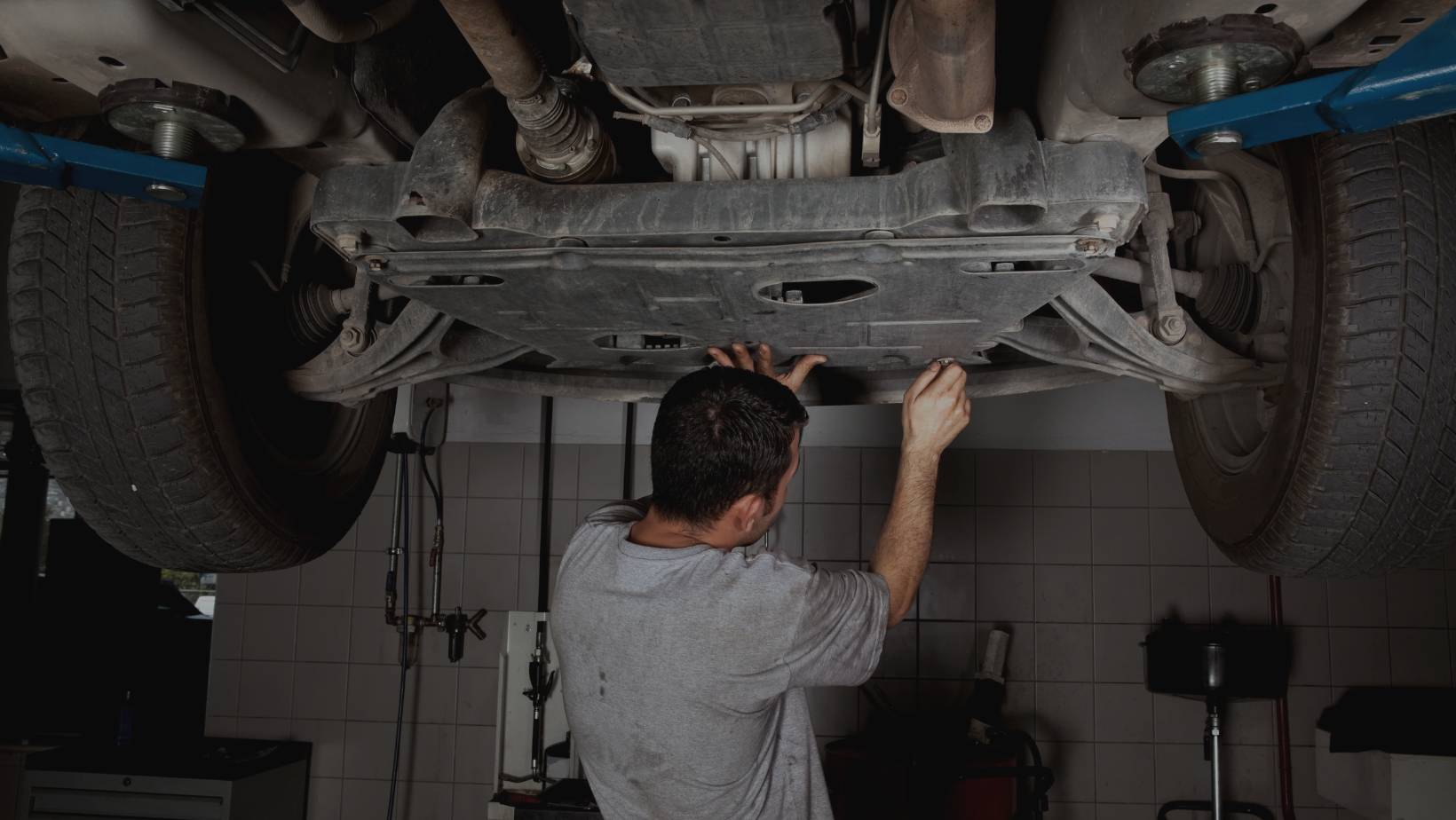
Our team of experts will be happy to discuss your specific needs and provide you with a customized quote.
CONTACT US
Come see us in person!
Come see us during our normal business hours, we would love to help you out!
Auto Precision Repair
3121 Thousand Oaks Blvd #4, Thousand Oaks, CA 91362
55C8+48 Thousand Oaks, California
(805) 379-9900

